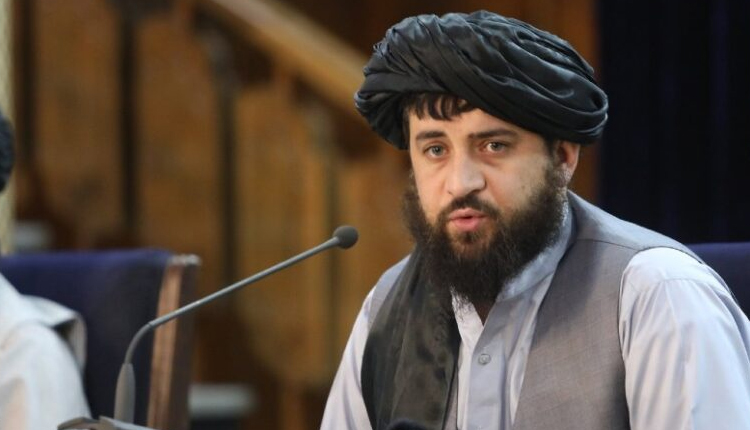Kabul: Tensions between Pakistan and Afghanistan have escalated dramatically following the collapse of peace talks in Istanbul, with the Taliban issuing a stark warning that further provocations could ignite a full-scale war.
The two-day negotiations on November 6-7 aimed to address cross-border terrorism, particularly Pakistan’s demands for action against Tehreek-e-Taliban Pakistan (TTP) militants operating from Afghan soil. However, the talks ended without agreement, marking yet another setback in bilateral relations.
Afghanistan’s Minister for Tribal Affairs, Noorullah Noori, cautioned Pakistan against testing “the limits” of Afghan patience. In a pointed message, he declared, “If war erupts, Afghanistan’s elders and youth will rise to fight.” Noori advised Pakistani Defence Minister Khawaja Asif not to overly rely on technology, reminding him of the defeats suffered by superpowers like the United States and Russia in Afghanistan. He ominously added that Pakistan’s Sindh and Punjab provinces “are not far away,” hinting at potential spillover if hostilities intensify.
This retort came after Asif had threatened confrontation if the talks failed. Taliban spokesperson Zabihullah Mujahid accused certain factions within Pakistan’s military of resenting a stable Afghan government, claiming they have historically profited from Afghanistan’s instability and are now fabricating pretexts for conflict.
The impasse follows a deadly border skirmish on October 11, where clashes between deployed forces resulted in significant casualties. Pakistan asserts that the conflict claimed the lives of over 200 Afghan Taliban and 110 TTP members, in addition to 23 of its own soldiers. A ceasefire was agreed on October 15 and extended during subsequent meetings in Doha and Istanbul.
Experts warn of broader implications for South Asia as regional stability is in jeopardy due to the ongoing conflict between both nations.



Comments are closed.